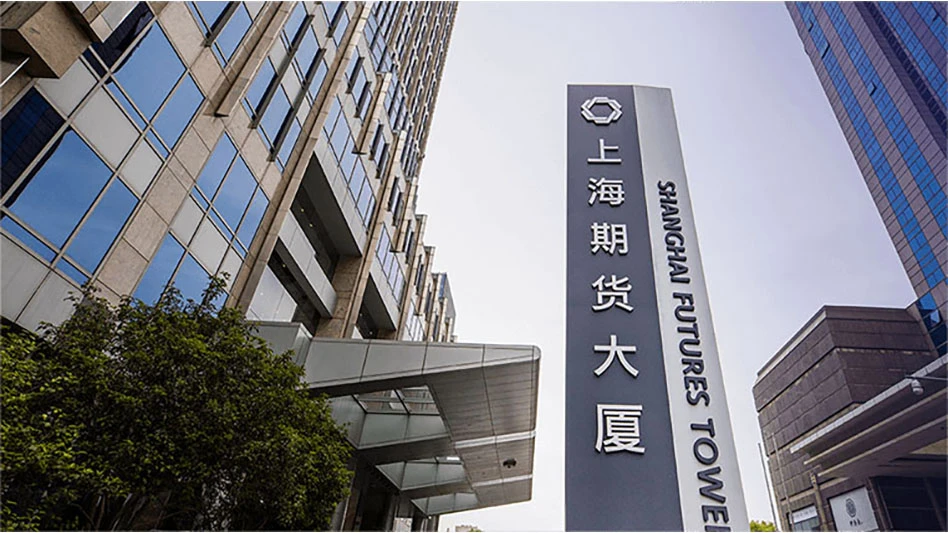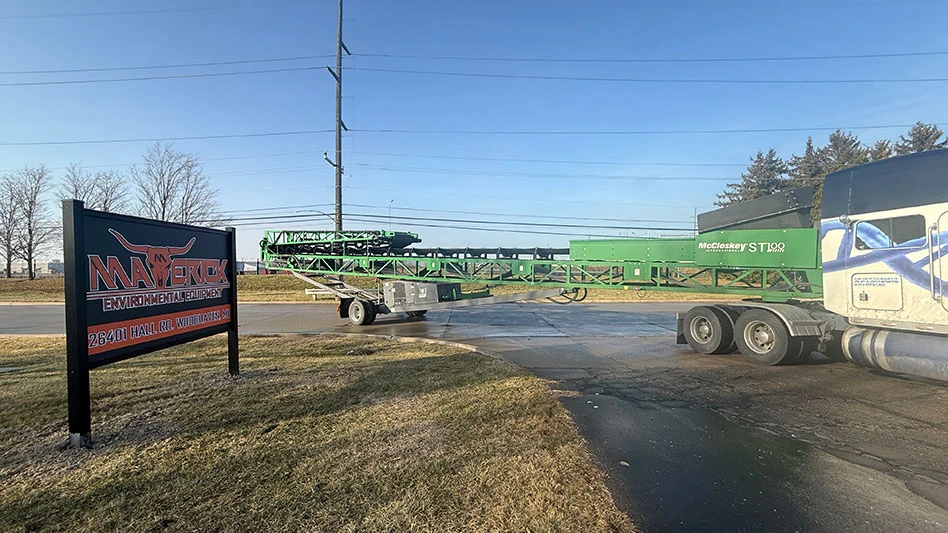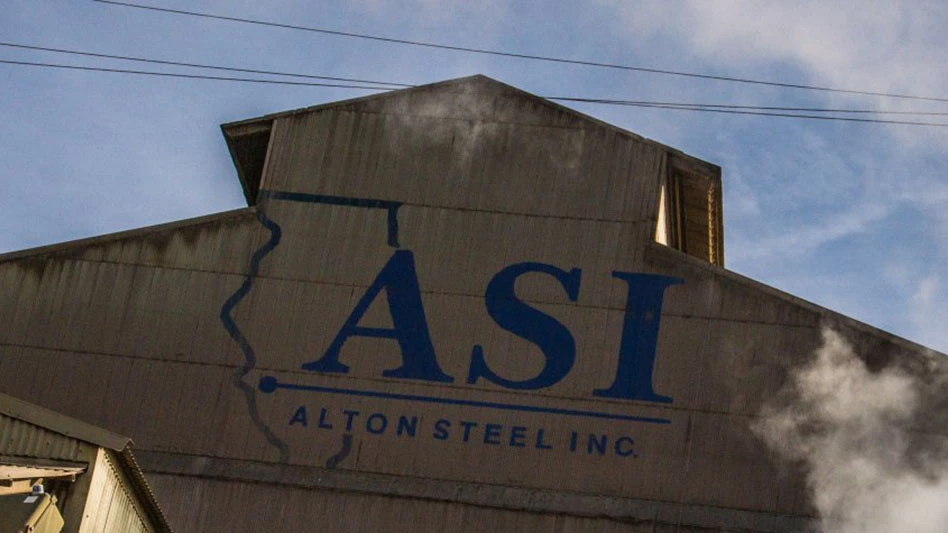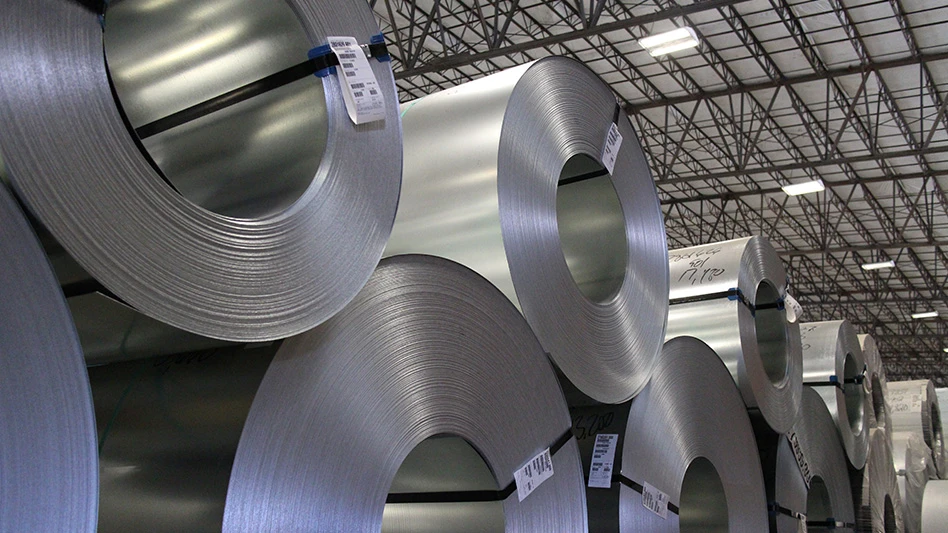
Photo courtesy of British Steel
The British government has made several moves to intervene in the future of the British Steel blast furnace/basic oxygen furnace (BOF) steelmaking complex in Scunthorpe, England.
The week of April 14, the company announced on its website that Allan Bell had been appointed as interim CEO and Lisa Coulson as interim chief commercial officer, effective immediately.
That announcement, rather than referring to the firm’s board of directors of its Chinese parent company Jingye Group, instead said the two appointments had been agreed to by the Business Secretary of the United Kingdom and are being made to ensure "consistent and professional leadership" at British Steel’s Scunthorpe site.
Bell and Coulson have worked for British Steel or its predecessor companies for 14 and 19 years, respectively.
“Our sole focus is ensuring a secure and sustainable future for British Steel’s production in Scunthorpe," Bell says. "Our immediate priorities are securing the raw materials we need to continue blast furnace operations, ensuring we have the dedicated personnel to run those furnaces, and maintaining the highest levels of health and safety for our workforce. We look forward to working in partnership with our colleagues in government, the trade unions and the workforce here in Scunthorpe”
The raw materials (iron ore and coking coal) aspect was the subject of another British Steel news release last week, with the firm saying “vital" raw materials are being unloaded at its port facility, Immingham Bulk Terminal to Scunthorpe to support its iron and steelmaking operations.
Last week, the firm also received a visit from U.K. Business Secretary Jonathan Reynolds, who said supporting British Steel is “the right thing to do.” The visit occurred shortly after the U.K. government passed what British Steel calls a “special law [to] take us under the control of the U.K. government.”
This week, British Steel announced it intends to remain focused on keeping its two blast furnaces running and will end an exploratory process to shut down the campus announced in late March by Jingye Group.
Previously, Jingye Group had been working with U.K. officials on a funding plan to convert the Scunthorpe complex to host recycled-content electric arc furnace (EAF) equipment instead of blast furnaces.
A similar arrangement was reached between the U.K. government, trade unions, regional governments and Tata Steel for a BOF-to-EAF conversion project taking place in Port Talbot, Wales.
EAF steelmaking in the U.K. also has received investor confidence in the form of backing for the former Celsa Group UK operations. CriteriaCaixa, a Barcelona, Spain-based investment holding company, joined as an investor in early April and Prague-based Sev.en Global Investments has completed its acquisition as majority owner of Celsa Steel UK, which it has renamed 7 Steel UK.
The British Steel maneuvers, however, may be more focused on retaining blast furnace/BOF technology in the U.K.
An April 22 news release says the recent government and company moves are part of ongoing efforts to stabilize British Steel’s blast furnace production following the government passing the Steel Special Measures Act on April 12.
“The company has worked at pace with officials from government and others across the industry to secure a stable supply of raw materials to both its blast furnaces for the short term," British Steel says. "All operations at British Steel are being maintained, including Scunthorpe Rod Mill.”
The Scunthorpe site has hosted steel production work since the 19th century. Production assets at the site have undergone numerous ownership changes, plus reinvestment and divestiture stages in the last several decades, with Jingye Group having purchased the property out of receivership in 2020.
“This has been a difficult and worrying time for British Steel staff and their families," Coulson says. "I can, however, confirm that we are closing the redundancy [closure] consultation without action. The work done to secure the raw materials we need for both Queen Anne and Queen Bess blast furnaces means we are able to run both continuously."
Latest from Recycling Today
- Stadler equips Spanish MRF
- SSAB finishes 2025 with decreased revenue
- Vecoplan appoints CFO
- Aurubis raises full-year forecast
- Levitated Metals adds LIBS sorting technology
- Redwood Materials closes on $425M in Series E financing
- Updated: Wieland Chase expands northwest Ohio facility
- Recovered paper traders report lukewarm market





